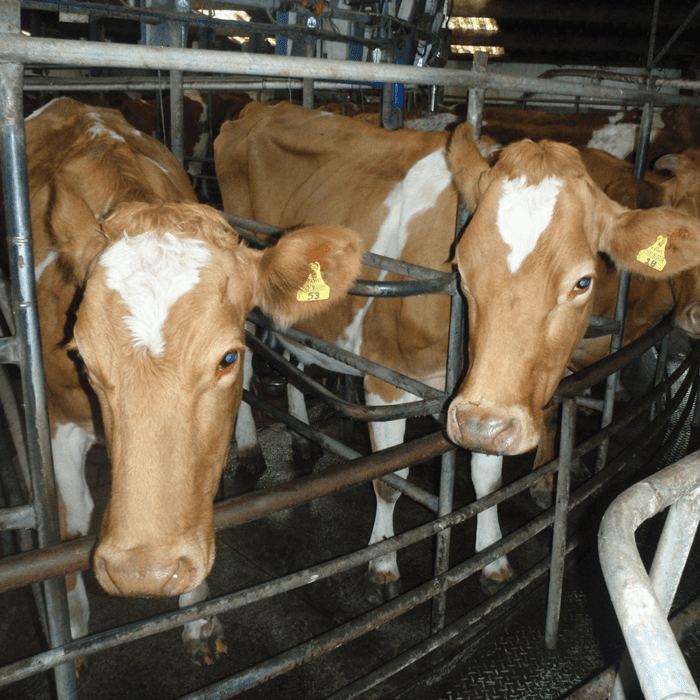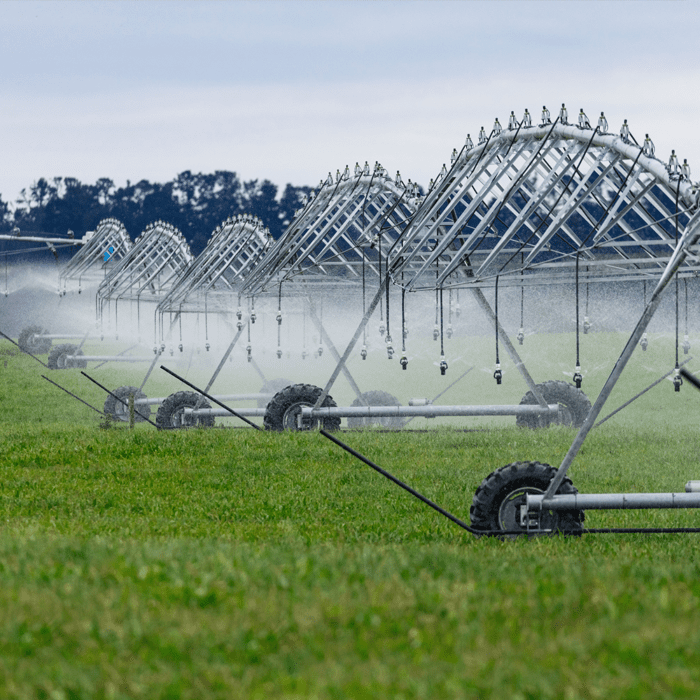Help farming curb climate breakdown
Bolder climate action. More sustainable farms. Better quality of life across the Pacific.


What's the problem?
The government’s current efforts will not protect us or communities in the Pacific from runaway climate destruction, or ensure that everyone has access to good, local food in the future. It doesn’t have to be this way.
The unfortunate reality is that agriculture is responsible for 48% of New Zealand’s greenhouse gas emissions. The only way for New Zealand to play our part in keeping within the crucial temperature limit of 1.5°C is if the government does more to reduce emissions in this area and support more farmers to transition to sustainable food production.
Right now, the government does not reward those farmers already making changes, giving unsustainable farming practices a free pass to pollute. This has propped up an intensive model, where often the land is overloaded with cows and chemicals, polluting waterways and causing climate pollution to skyrocket.
Communities across the Pacific are bearing the brunt of this inaction with more frequent superstorms and heightened food insecurity.
What's the solution?
Key decisions in coming months can change things. We must make the government’s new climate plan set a bold 2030 climate target, create a strong incentive for sustainable food production, and fund the infrastructure that will help farmers transition.
This is an opportunity to adjust the industry with our largest climate footprint into one that is sustainable, healthy, and positioned for success in the future. Whether it’s growing kai for the marae, produce for a local farmers’ market or specialty goods for export, we can have thriving farms that are in balance with the land, and play their part in curbing climate breakdown so that farmers on the frontlines of climate change can survive and thrive too.





